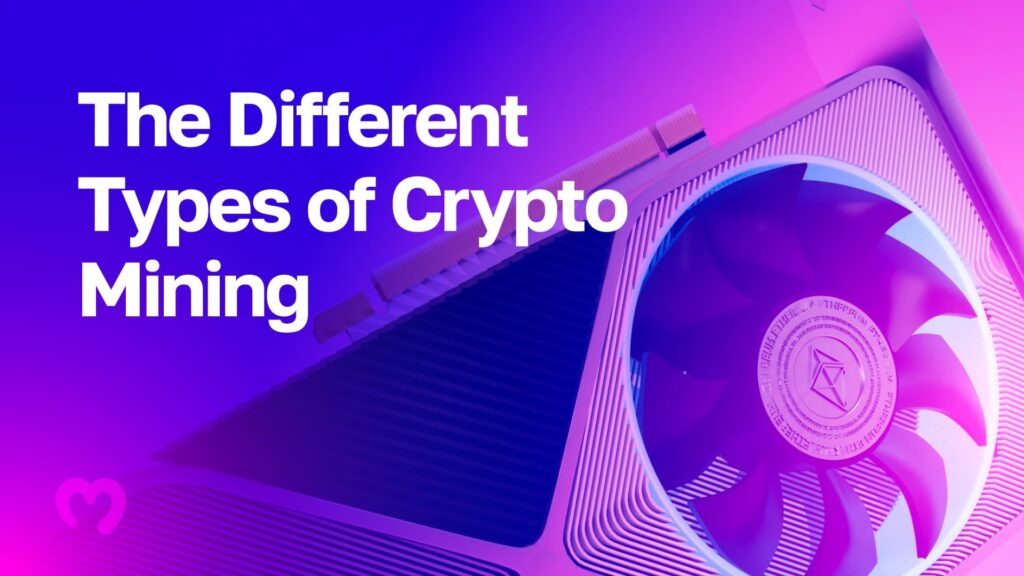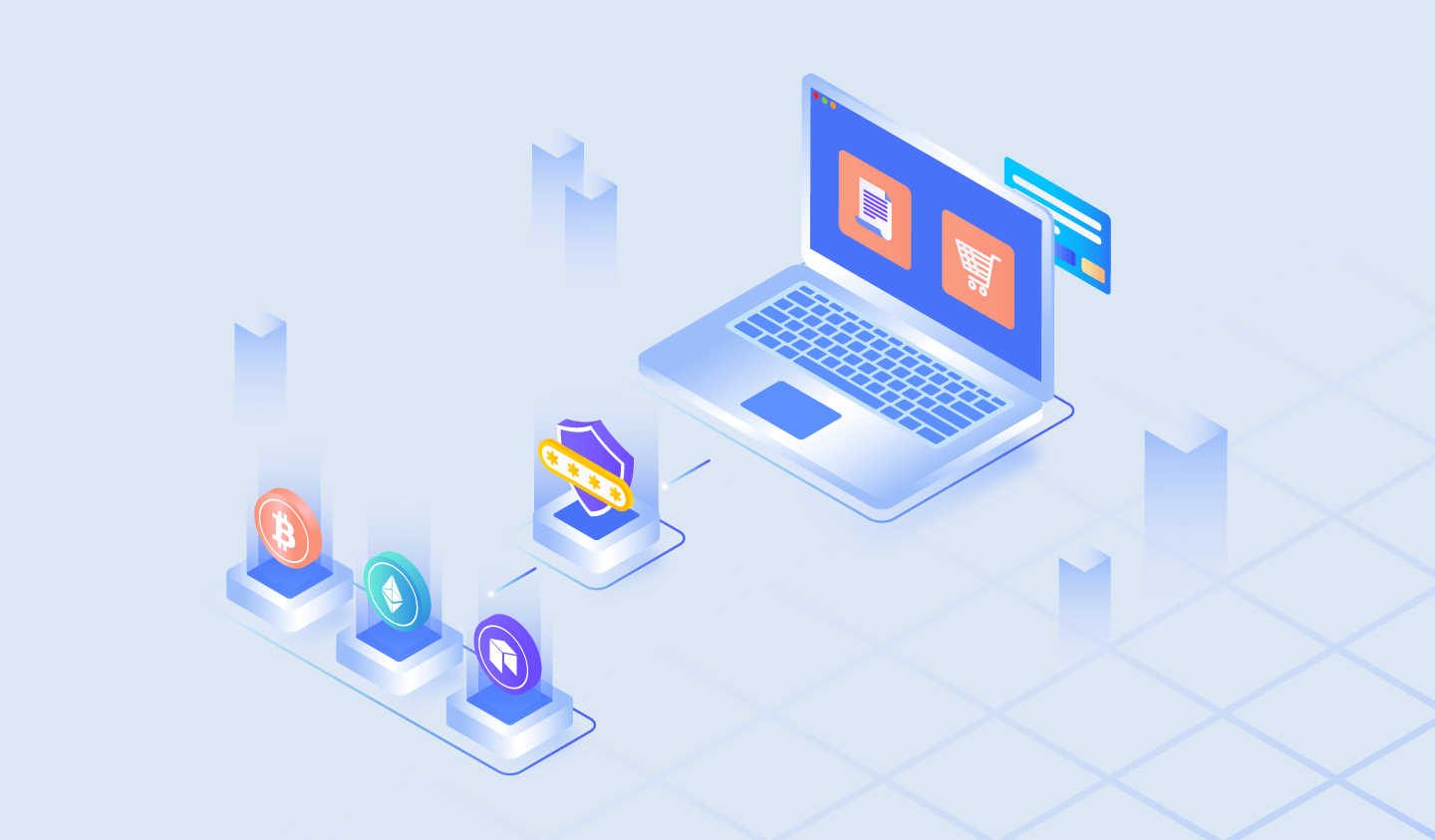Are all cryptocurrencies mined
Almost. We have a process that we use to verify assets. Once verified, we create a coin description page like this. The world of crypto now contains many coins and tokens that we feel unable to verify https://xerometer.com. In those situations, our Dexscan product lists them automatically by taking on-chain data for newly created smart contracts. We do not cover every chain, but at the time of writing we track the top 70 crypto chains, which means that we list more than 97% of all tokens.
Cryptocurrency prices are affected by a variety of factors, including market supply and demand, news, and government regulations. For example, news about developments in a cryptocurrency’s underlying technology can affect its price, as can news about government regulations. Also, the supply and demand of a particular cryptocurrency can affect its price. Finally, market sentiment and investor confidence in a particular cryptocurrency can also play a role in its price. We cover sentiment and technical analysis for example you can check top coins : Bitcoin, Ethereum, XRP, Cardano, Dogecoin.
The very first cryptocurrency was Bitcoin. Since it is open source, it is possible for other people to use the majority of the code, make a few changes and then launch their own separate currency. Many people have done exactly this. Some of these coins are very similar to Bitcoin, with just one or two amended features (such as Litecoin), while others are very different, with varying models of security, issuance and governance. However, they all share the same moniker — every coin issued after Bitcoin is considered to be an altcoin.
The UK’s Financial Conduct Authority estimated there were over 20,000 different cryptocurrencies by the start of 2023, although many of these were no longer traded and would never grow to a significant size.
Cryptocurrencies are digital assets that are secured by cryptography. They use decentralized networks to transfer and store value, and the transactions are recorded in a publicly distributed ledger known as the blockchain. Transactions are verified by network nodes and recorded in a public distributed ledger known as the blockchain. Cryptocurrency transactions are secure, and are verified by a decentralized network of computers.
Are all cryptocurrencies mined
Mining cryptocurrencies can be a profitable venture, but it requires a deep understanding of the coins you are mining, the hardware involved, and the costs associated with mining. While Bitcoin, Ethereum, and Litecoin dominate the mining scene, there are many other mineable coins like Monero, Dogecoin, and Zcash that may offer unique opportunities. Whether you mine solo or in a pool, and whether you use ASICs or GPUs, mining remains an evolving space with a lot of potential, provided you stay informed and prepared.
If Bitcoin in 2140 essentially serves as a store of value rather than for daily purchases, then it’s still possible for miners to profit—even with low transaction volumes and the disappearance of block rewards. Miners could charge high transaction fees to process high-value or large batches of transactions, with more efficient “layer 2” blockchains like the Lightning Network working with the Bitcoin blockchain to facilitate daily bitcoin spending.

Mining cryptocurrencies can be a profitable venture, but it requires a deep understanding of the coins you are mining, the hardware involved, and the costs associated with mining. While Bitcoin, Ethereum, and Litecoin dominate the mining scene, there are many other mineable coins like Monero, Dogecoin, and Zcash that may offer unique opportunities. Whether you mine solo or in a pool, and whether you use ASICs or GPUs, mining remains an evolving space with a lot of potential, provided you stay informed and prepared.
If Bitcoin in 2140 essentially serves as a store of value rather than for daily purchases, then it’s still possible for miners to profit—even with low transaction volumes and the disappearance of block rewards. Miners could charge high transaction fees to process high-value or large batches of transactions, with more efficient “layer 2” blockchains like the Lightning Network working with the Bitcoin blockchain to facilitate daily bitcoin spending.
To create new cryptocurrency units, miners use their computing power to solve complex cryptographic puzzles. The first miner to solve the puzzle earns the right to add a new block of transactions to the blockchain and broadcast it to the network.
Instead of buying equipment, cloud miners rent computational power from a cloud mining provider. It’s a simpler way to start mining, but it comes with risks like scams or lower profitability. If you decide to try cloud mining, make sure to choose a reputable provider like Binance.
Are all cryptocurrencies based on blockchain
Blockchain forms the bedrock for cryptocurrencies like Bitcoin. This design also allows for easier cross-border transactions because it bypasses currency restrictions, instabilities, or lack of infrastructure by using a distributed network that can reach anyone with an internet connection.
Adam Hayes, Ph.D., CFA, is a financial writer with 15+ years Wall Street experience as a derivatives trader. Besides his extensive derivative trading expertise, Adam is an expert in economics and behavioral finance. Adam received his master’s in economics from The New School for Social Research and his Ph.D. from the University of Wisconsin-Madison in sociology. He is a CFA charterholder as well as holding FINRA Series 7, 55 & 63 licenses. He currently researches and teaches economic sociology and the social studies of finance at the Hebrew University in Jerusalem.
A smart contract is computer code that can be built into the blockchain to facilitate transactions. It operates under a set of conditions to which users agree. When those conditions are met, the smart contract conducts the transaction for the users.

Blockchain forms the bedrock for cryptocurrencies like Bitcoin. This design also allows for easier cross-border transactions because it bypasses currency restrictions, instabilities, or lack of infrastructure by using a distributed network that can reach anyone with an internet connection.
Adam Hayes, Ph.D., CFA, is a financial writer with 15+ years Wall Street experience as a derivatives trader. Besides his extensive derivative trading expertise, Adam is an expert in economics and behavioral finance. Adam received his master’s in economics from The New School for Social Research and his Ph.D. from the University of Wisconsin-Madison in sociology. He is a CFA charterholder as well as holding FINRA Series 7, 55 & 63 licenses. He currently researches and teaches economic sociology and the social studies of finance at the Hebrew University in Jerusalem.
A smart contract is computer code that can be built into the blockchain to facilitate transactions. It operates under a set of conditions to which users agree. When those conditions are met, the smart contract conducts the transaction for the users.
